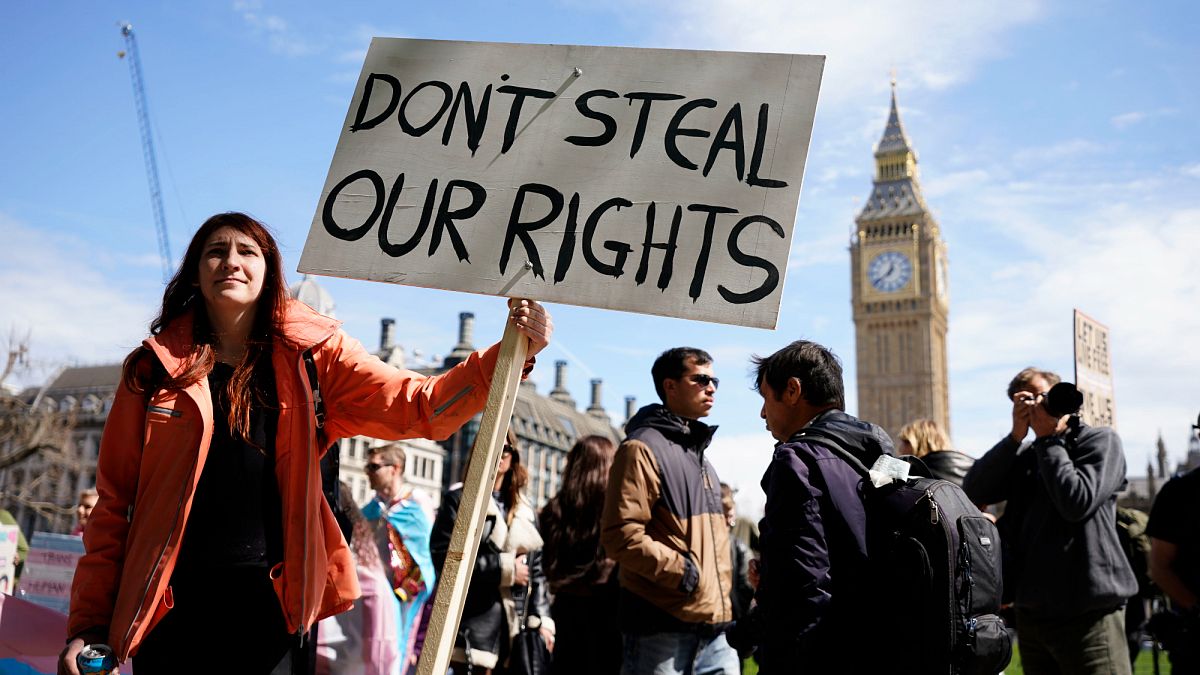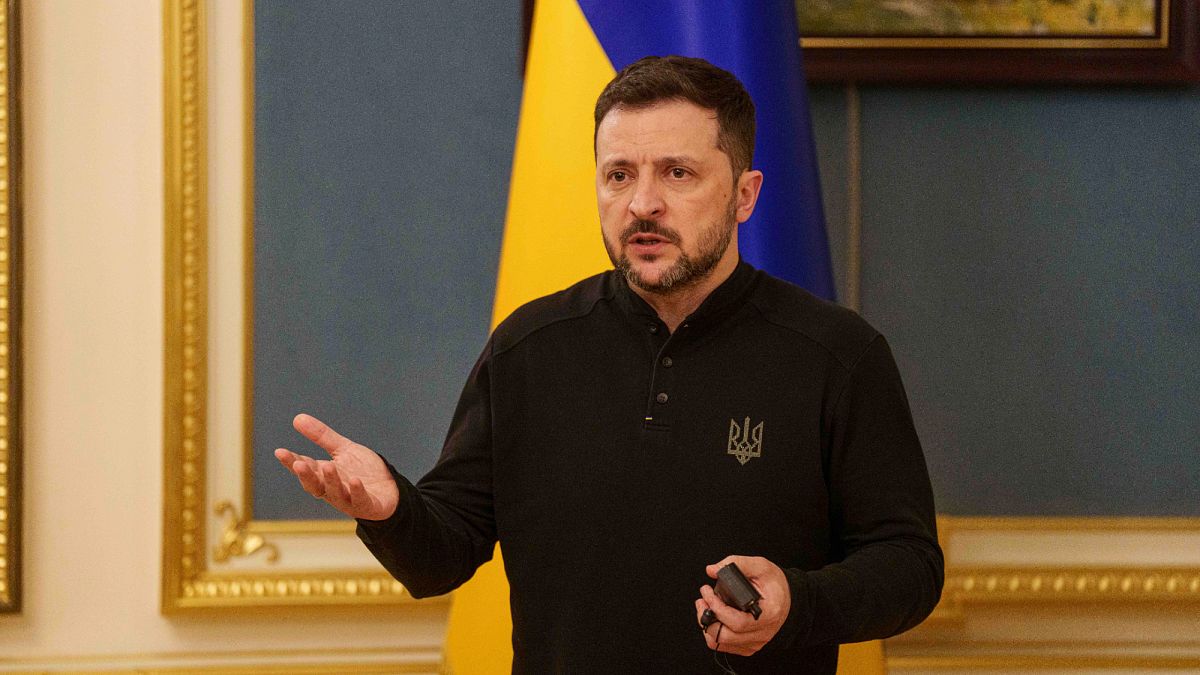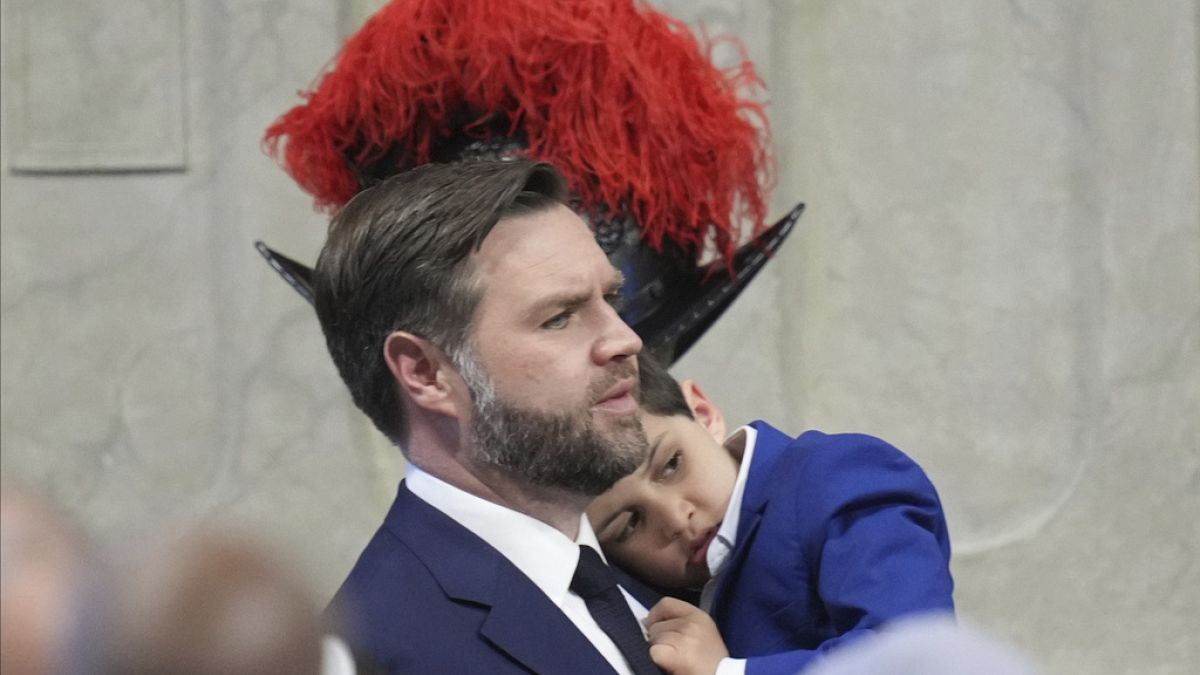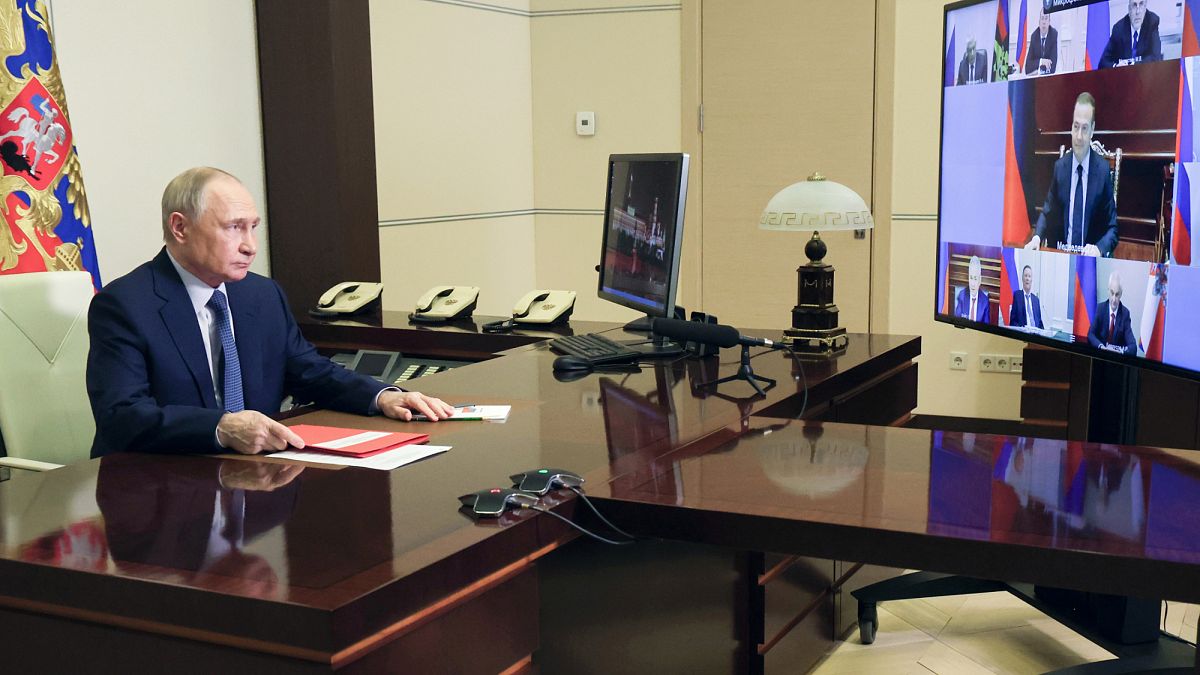In the first Bundestag meeting since the ruling coalition collapsed last week, the leader of Germany's largest opposition party laid out his plans for the country in a fiery debate.
Chancellor Olaf Scholz called for compromise in order to keep Germany functioning, as the leader of the opposition, Friederich Merz, kickstarted his own election campaign in an full first Bundestag meeting one week since Germany’s ruling coalition collapsed.
Scholz, who was unusually defiant as he took the stand, appealed to his parliament to unify to pass through key outstanding bills, including on tax reforms and child benefit, before and after the vote of no confidence he is expected to lose on 16 December.
The leader stressed he was aware that he would need the support of additional parties in order to push the government’s reforms through parliament, calling on the country’s largest opposition party, the Christian Democratic Union (CDU), to help him gain the parliamentary votes necessary.
Scholz’s three-party coalition collapsed last Wednesday after he fired his finance minister Christian Lindner, who then withdrew his ministers from the coalition. During his speech, Scholz justified his decision, calling the move “necessary, right, and unavoidable.”
CDU’s Frederich Merz said he his party would work with Scholz, but not before laying into the Chancellor and his party for “simulating a majority he no longer has.”
Merz said he would backtrack on the current government’s climate policies and called for a totally different approach to migration, claiming Germany needed to regain control through expelling migrants at the border.
He added the CDU would boost Germany’s status as a modern transport hub and improve its digital standards.
With only 33% of the vote, the CDU currently stand the biggest chance of making it to power when Germans head to the polls in election which, after a week of negotiations, is now set for 23 February.
In his speech, Merz steadfastly ruled out the possibility of working with Alternative for Germany (AfD) who currently have the second highest level of support from the public, with 18% according to a poll by public broadcaster ZDF.
Merz, a former lawyer and member of the European Parliament, said Scholz was “from another cosmos” in a speech where he framed himself as the opposite of the German leader, who has seen his popularity plummet as part of an unpopular coalition government.
Other parties took to the stand to make their election bids with the AfD’s candidate for Chancellor, Alice Weidel, pledging to implement a 100 day plan if the party made it to government.
In a speech full of frustation with both Scholz's coalition and the CDU, she laid out the AfD's priorities, which include deporting undocumented migrants in Germany as well as reinstating the country's now defunct nuclear power stations.
Greens minister Annalena Baerbock stepped in for her colleague, Robert Habeck who was in stuck in Lisbon after his plane broke down. She immediatly faced criticism, with members of the AfD shouting that Habeck taking a plane was contrary to the party's policies of environmentally friendly travel.
Still part of the ruling coalition, Baerbock stressed the government's support for Ukraine and added that Germany would need to work with Europe in a united response to a new government in America.
For his part, the former finance minister Lindner said Scholz did not seem to be listening to the German public.
Of his sacking, which has plunged the government into political chaos, he said “sometimes being relieved of something is freeing.”

 5 months ago
44
5 months ago
44






 We deliver critical software at unparalleled value and speed to help your business thrive
We deliver critical software at unparalleled value and speed to help your business thrive






 English (US) ·
English (US) ·